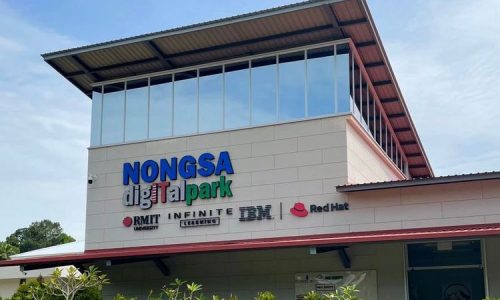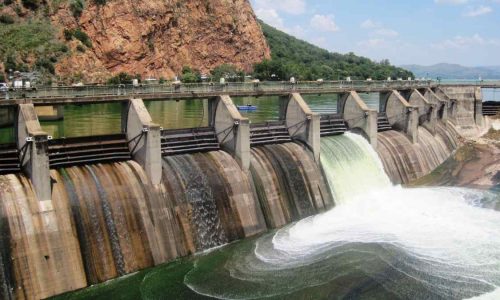Ernst & Young (EY), an international audit institution, assesses that the main obstacles to investing in new renewable energy (NRE) in Indonesia are the lack of viable projects and obstacles in policies and processes.
EY believes that funding is not the main obstacle to developing renewable energy such as wind and solar cells.
Gilles Pascual, Energy Transition and Climate Partner at EY, said that investors and lenders are actually interested in the NRE market in Indonesia and are ready to develop projects.
However, on the other hand, Indonesia’s dependence on fossil fuels in the electricity sector causes a very large excess supply of electricity.
“The huge excess electricity supply is in the Java-Madura-Bali main network which is hampering the implementation of renewable energy,” said Pascual, on November 24, 2023.
EY identified many problems such as non-financial which include the licensing process, difficulties in land acquisition, lack of local supply chains, and content requirements that are difficult to fulfill.
According to EY, all of these factors have a direct impact on project risks, such as time period, costs and overall bankability.
On the other hand, it affects financing requirements and makes loans more expensive, which can actually hinder the continuity of the project.
Through the above factors it is possible to limit access to available funding, depending on the severity of the risk.
EY pointed to several specific obstacles identified in Indonesia such as:
• The growth of the solar and wind sectors still depends largely on the early retirement of coal-fired power plants (CFPP);
• Lack of clarity in procurement regulations and tender procedures;
• Low negotiated rates affect PP’s bankability.
Then EY recommends ways to overcome obstacles such as:
• Strong policy signals and timely phase-out of coal to attract market interest;
• Establishing a special agency to expedite the land acquisition process;
• Development of PPA models to reduce negotiation timelines;
Meanwhile, Pascual gave suggestions such as encouraging the growth of NRE in Indonesia, prioritizing the development of the electricity network, whose demand has not been met.
Meanwhile, early retirement of PLTUs is a necessity so that the NRE market develops rapidly, especially for electricity networks in Java and Bali.
The International Energy Agency (IEA) published a report that Indonesia is one of the Southeast Asian countries with the potential to triple its solar and wind power capacity by 2030.
Currently, Indonesia has abundant wind resources, which has sparked great interest in the potential for offshore wind power generation in Indonesia, along with Japan, South Korea, Vietnam and the Philippines.









